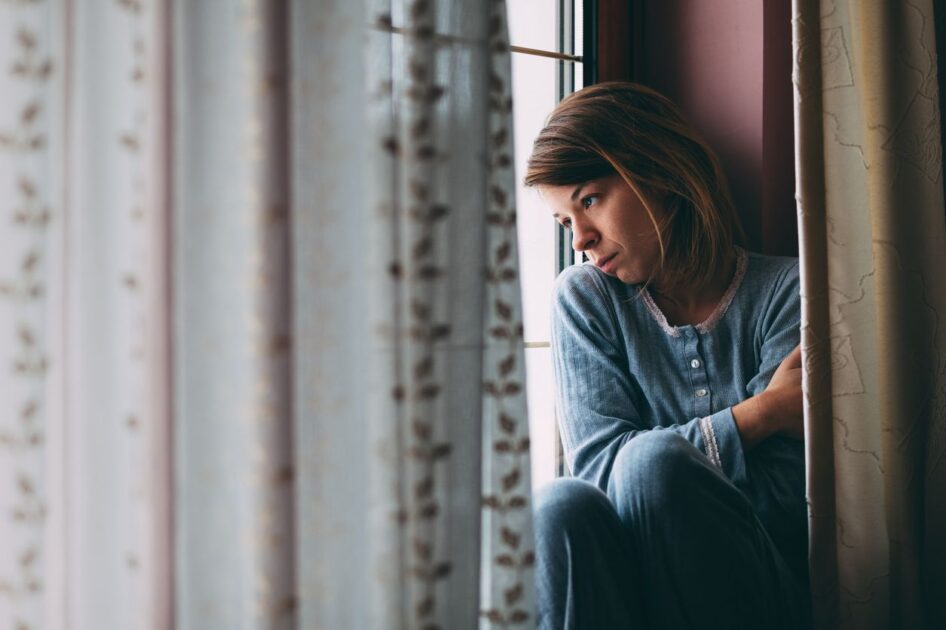Am I an abusive person?
Knowing the signs of abusive behaviour and how you can change

Many people are victims of abuse, and many people can find themselves becoming abusive too. If you are worried you are an abusive person, admitting this is the first step to changing your behaviour. You can only change once you accept that your behaviour is abusive and needs to stop.
Most people are aware of the obvious signs of abuse such as punching, kicking, preventing partners from having contact with their family etc. However, abuse usually starts off in a much more subtle way and you may be exhibiting abusive behaviour without realising it.
Remember, abusive behaviour is not always at its most extreme, but even when abuse is subtle, it can have a lasting impact on the person who is being abused.
Signs of abusive behaviour
Some of the behaviours, feelings and actions may not apply to you, however many may well confirm your own suspicions about your behaviour.
Here are some things to ask yourself when thinking of your own behaviour, or the behaviour of your partner:
Behaviours
- Have I scared someone with my behaviour?
- Have I taken advantage of or exploited the trust of another person?
- Have I repeatedly bullied or belittled an someone either in private or in front of others?
- Have I attempted to control the behaviours or social interactions of another person?
- Have I repeatedly monitored the behaviour or whereabouts of another person?
- Have I repeatedly broken promises to change my behaviour?
Thoughts
- Do I think that I cannot control my own behaviour?
- Do I deny or minimize the seriousness of my behaviour?
- Do I think that an individual disrespects me when they don’t act the way that I want them to?
- Do I think other people or substances (drugs, alcohol, medication etc.) are to blame for my own behaviour?
- Do I think that hurting myself or others is the best/only course of action?
- Do I think that having personally experienced violence or abuse that I can do the same to others or that this excuses my behaviour?
- Do I have very strict views on how people should act or behave?
Feelings
- Do I feel more relaxed or get a ‘high’ after I have been angry, abusive or violent?
- Do I feel unable to cope with unpleasant thoughts or feelings?
- Do I feel more in control after I have put someone down or physically hurt them?
- Do I feel disrespected when someone does not do what I ask?
- Do I feel excessively jealous when someone is speaking to or spending time with others?
What can I do?
If you are worried about your behaviour, thoughts or feelings, seek help.
- The first step is admitting to yourself that you have been abusive towards your partner, family or friends.
- Changing your behaviour will be a challenging process. Seek help from a counsellor to work through your feelings and learn how to change your behaviour. You cannot go through it alone.
- Know that it is never acceptable to be abusive towards another person. You must make the choice to end your behaviour.
- Remember that no one else is ever to blame for your own abusive behaviour.
- Understand the different types of abuse, such as physical, emotional, and sexual abuse and domestic violence.
Do you need someone to talk to right now? SpunOut.ie’s text message support service is available 24 hours a day, 7 days a week. We provide in-the-moment anonymous support and problem solving when you need it most.
Text SPUNOUT to 086 1800 280 to begin. Standard SMS rates may apply.






